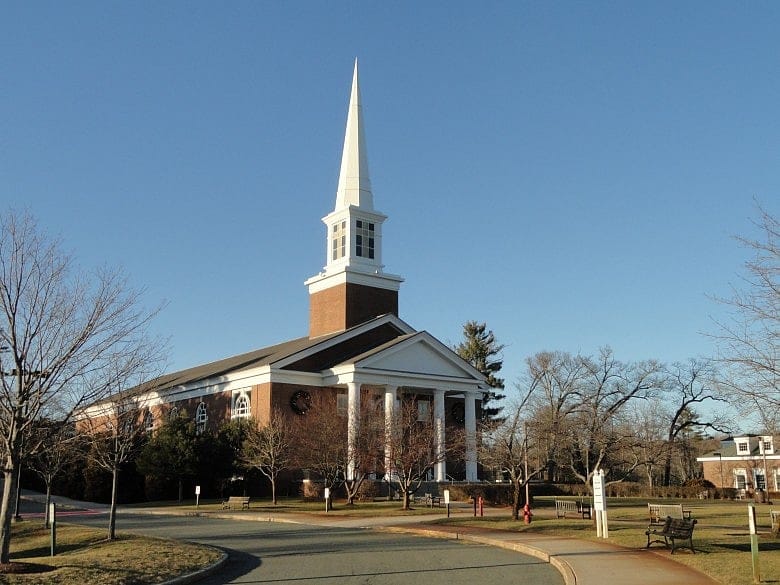Gordon College revives community service following controversy

WENHAM – More than a year after the Lynn Public Schools cut ties with Gordon College over its policies on same-sex relations, which are part of the Christian school's detailed code of moral conduct, the college has reconnected with other North Shore communities and continues to look for opportunities to serve Lynn.
For 11 years until 2014, faculty and students provided services to the economically struggling city though the "Gordon in Lynn" program, in which first-year students serve local civic programs through a required course that includes community service. The median household income in Lynn is about two-thirds of the state median, and the percentage of those who live in poverty is almost twice the statewide rate.

